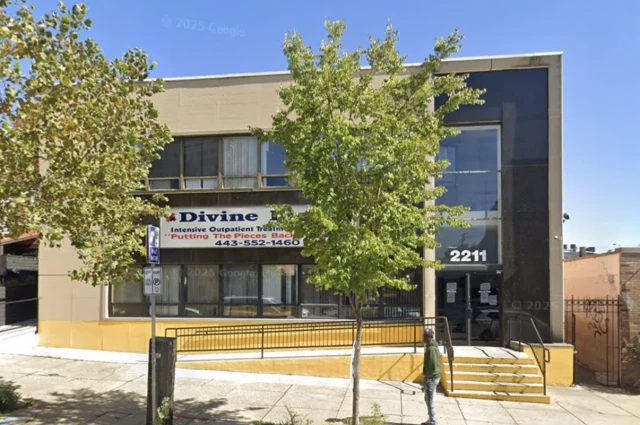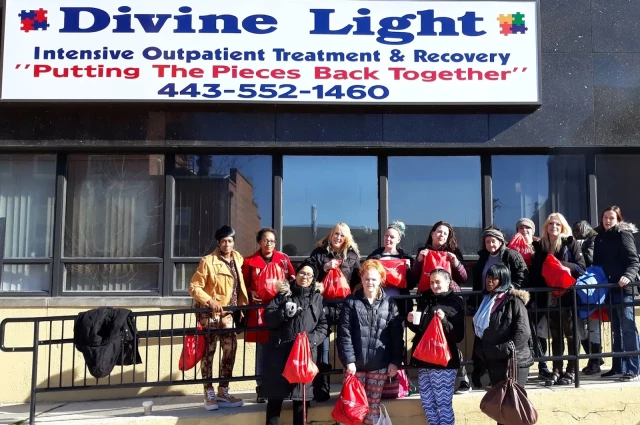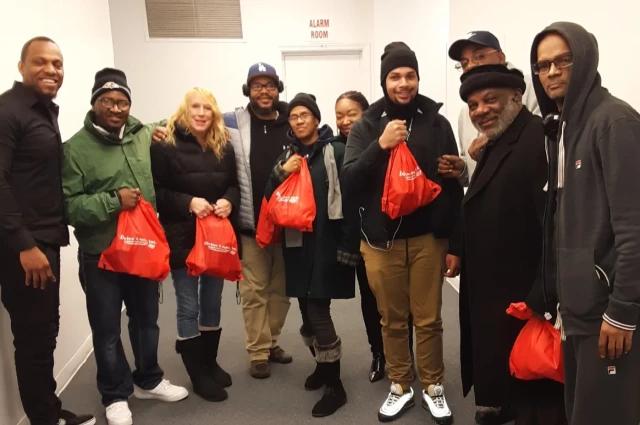Divine Light Information
Accreditations
-
State department of health
Government agencies issue State Licenses, granting permission to rehabilitation organizations to conduct their business operations lawfully within specific geographic regions. Generally, the particular rehabilitation programs offered by a facility and its physical location dictate the necessary licenses needed for legal operation.

-
The Joint Commission
The Joint Commission accreditation for addiction and behavioral health signifies that a facility has met rigorous standards in patient care, treatment, and safety. This recognition assures patients and professionals of the facility's commitment to providing high-quality, evidence-based care in the fields of addiction and behavioral health, fostering trust and confidence in their services.

Find the best treatment options. Call our free and confidential helpline today!



